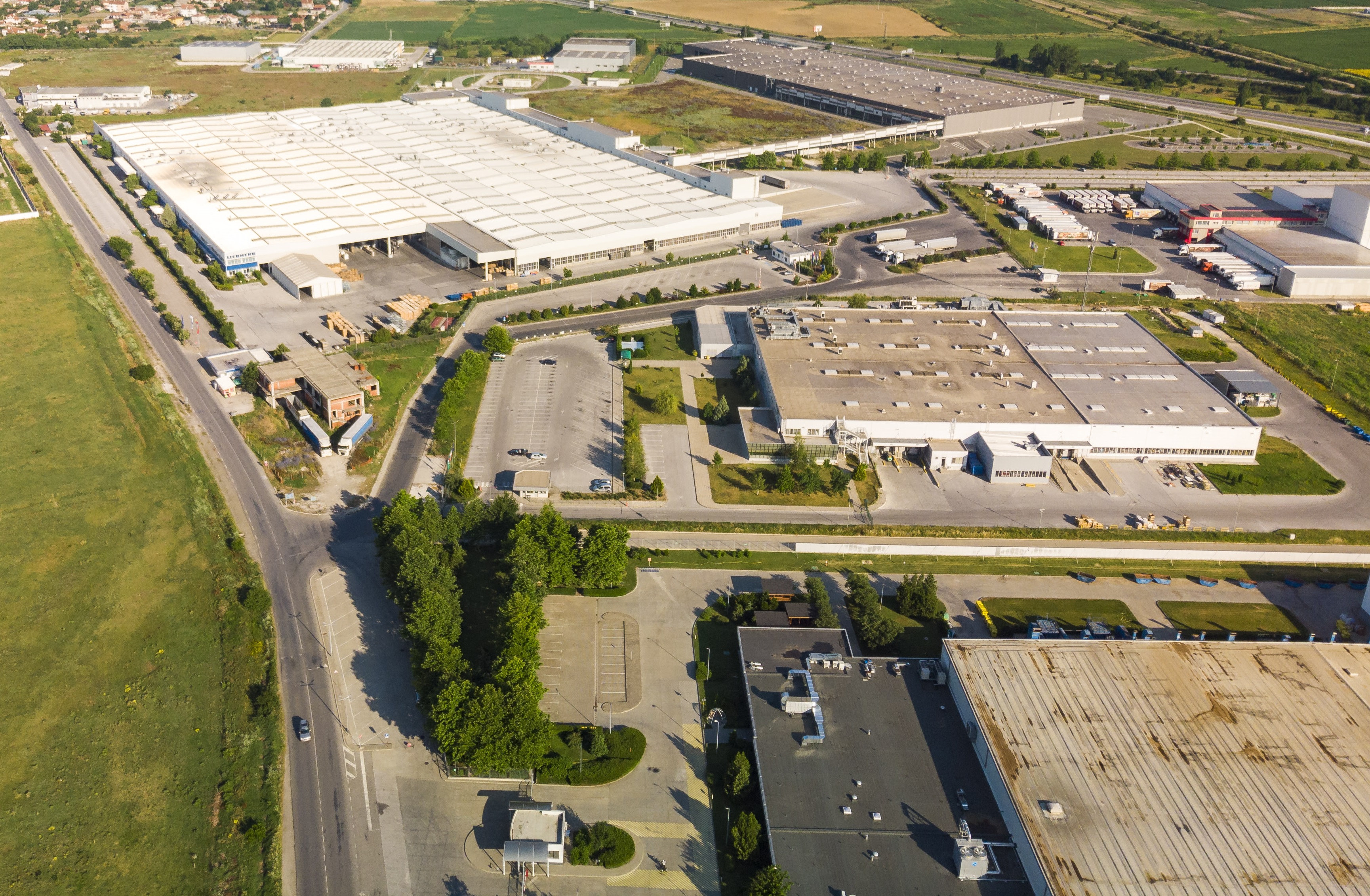
Основният двигател на инвестициите след началото на пандемията са вече установилите се в страната чуждестранни компании, които разширяват производството си, както и множество по-малки и по-големи български предприятия. Добър сигнал, че местната индустрия вече има опита и самочувствието да излезе на следващо ниво.
Ако се съди по статистиката на БНБ, преките чуждестранни инвестиции през 2020 г. са достигнали рекордните над 2.1 млрд. евро. Числото обаче идва след сделката за БТК и променения начин на отчитане, който “осигури” три четвърти от сумата. За първата половина на тази година преките чуждестранни инвестиции леко намаляват (до 657.8 млн. евро), като основната част от прилива на капитали идва от реинвестиране на печалби.
Има обаче и друг ъгъл – не всички средства, които влизат в икономиката, се отчитат като преки чуждестранни инвестиции. “Те често идват под формата на некапиталови разходи, когато например дадена компания захрани сметка на дъщерното си дружество тук, като средствата след това се използват за оперативни разходи, включително за наем на сграда, оборудване и т.н.”, коментира икономистът Георги Стоев, който е председател на пловдивската платформа Trakia Tech.
Той обясни, че това например става при проекти от типа built-to-suit, когато българска компания строи предприятието на собствен риск и го отдава дългосрочно под наем на чуждия работодател, който реално не прави пряка инвестиция.
Интересът специално към Пловдив, който през последните години се разви като основен индустриален център покрай зоната “Тракия”, остава силен. “Запитванията от инвеститори не спират, а капацитетът на местния оператор да ги обслужи не е безграничен и затова се целят по-надеждни и стратегически партньорства”, каза Стоев. По думите му има и много проекти, които остават под радара на наблюдателите, защото се правят от съществуващи инвеститори в разширяване на базата, но са не по-малко важни.
За област Пловдив общите разходи за придобиване на дълготрайни материални активи (ДМА) през 2020 г. са в размер на 1.72 млрд. лв., което е понижение от 11% спрямо 2019 г. “Като се има предвид, че 2020 г. беше паднемична и действията на бизнеса бяха предпазливи, това не може да се определи като драматичен спад”, коментира Стоев. От общата сума малко над една пета е делът на инвестициите на чуждестранни компании.
Сред най-големите български инвестиции, които започнаха миналата година, е тази на пловдивския производител на цинк и олово КЦМ. Заводът е един от малкото примери на успешна приватизация от работническо-мениджърско дружество и в момента е собственост основно на бивши и настоящи мениджъри, но акции имат и множество служители. След като преди няколко години КЦМ приключи инвестиция за над 260 млн. лв., с която изгради изцяло нов оловен завод и модернизира цинковото производство, в края на 2019 г. стана ясно, че започва нов проект за още толкова, който да надгради предишния и да осигури технологично интегриране на двете производства. Изпълнението ще отнеме няколко години, но вече е задвижено – през 2020 г. основните капиталови разходи на КЦМ са били свързани именно с извършването на базов инженеринг по проекта, както и с оптимизиране и реконструкция на други съоръжения.
Подобни големи инвестиции в базови производства все пак се правят рядко и за години напред. “Процесният сектор е много важен и продуктивен, тъй като там работните места правят много пари – в пъти повече от мехатрониката”, коментира Стоев. Но добави: “Не бива обаче да се пренебрегват вложенията в останалата част от индустрията, които, макар и по-малки, са ежедневие.”
Източник: Капитал



